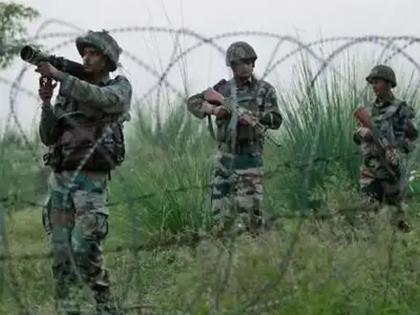India-Pakistan Conflict: Essential Do’s and Don’ts for Citizens Amid Rising Tensions
By Lokmat English Desk | Updated: May 9, 2025 01:19 IST2025-05-09T01:18:34+5:302025-05-09T01:19:56+5:30
Following India’s Operation Sindoor in retaliation for the Pahalgam attack, Pakistan has escalated tensions by launching airstrikes on Indian ...

India-Pakistan Conflict: Essential Do’s and Don’ts for Citizens Amid Rising Tensions
Following India’s Operation Sindoor in retaliation for the Pahalgam attack, Pakistan has escalated tensions by launching airstrikes on Indian states near the border. In response, India has retaliated strongly, leading to a war-like situation between the two nations. While no official declarations of war have been made, intense conflict has erupted. Amid the ongoing situation, several rumors are circulating, creating confusion among the public. Here’s a brief guide on the precautions people should take during this period.
Read Also | Indian Navy Joins Offensive Against Pakistan: Reports Say INS Vikrant Struck Karachi After Army and Air Force
What Not to Do:
Do not share your city’s location or blackout details on social media.
Avoid capturing or sharing videos of military movements in or around your area.
Do not circulate old images or videos as current ones related to the war situation.
Stay away from crowded areas unless absolutely necessary and avoid unnecessary travel.
Do not react to misinformation. Avoid panicking or taking any unlawful actions.
Do not interfere with the work of security forces. Follow their instructions carefully.
What to Do:
Follow all instructions issued by the government and rely only on verified information from the military, local authorities or official agencies.
Prepare for emergencies by keeping medicines, important documents, water and dry food ready.
Identify nearby safe shelters or bunkers and take refuge in buildings with strong structures if needed.
Stay calm, avoid spreading rumours and maintain communal harmony.
Prioritise the safety of elderly people, children and persons with disabilities. Offer help to those in need.
Open in app